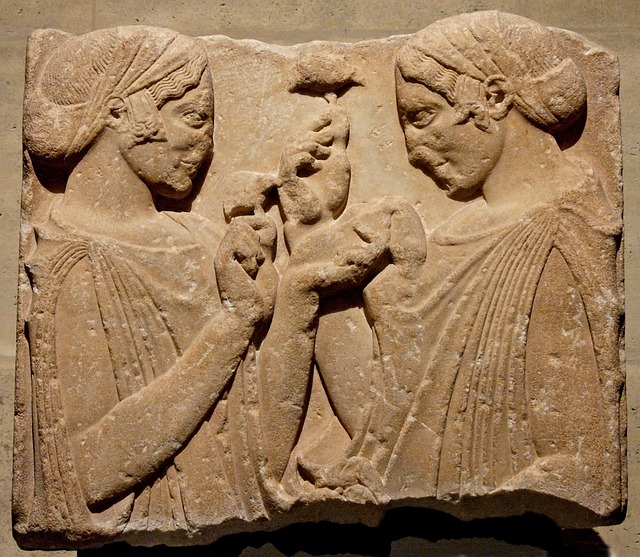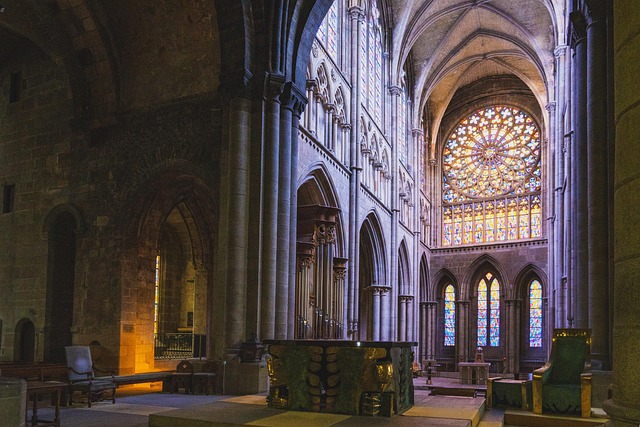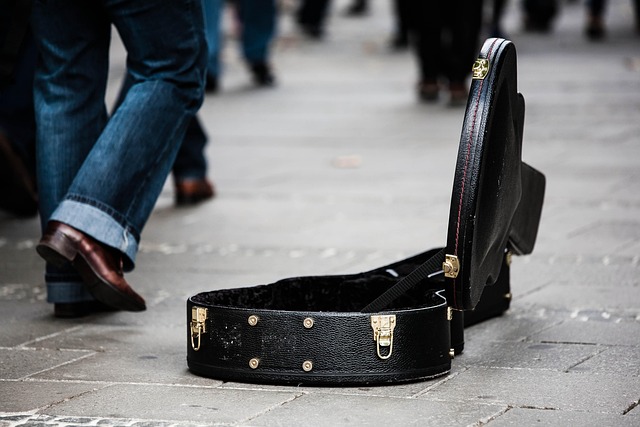Exaltation is a term often associated with the highest states of joy and spiritual upliftment, particularly within the context of religious rituals. Across cultures and belief systems, exaltation acts as a profound reminder of the transcendence and connection to the divine. In various religions, rituals serve as portals through which individuals can experience this heightened state, allowing them to step beyond the mundane and into a realm of spiritual awakening.
One of the hallmarks of religious rituals that invoke exaltation is the communal aspect of participation. Whether it is a lively celebration of a festival, a solemn ceremony, or a spontaneous gathering of worshippers, the energy generated among individuals coming together often amplifies the experience. This collective exaltation fosters a sense of unity and belonging, as participants share in the joy, reverence, and sometimes even the sorrow of their spiritual journeys. It is this shared emotional experience that can elevate the spirit beyond individual constraints.
Consider, for example, the rituals associated with major religious events. In Christianity, Easter is a time of resurrection and renewal, where communities gather to celebrate the triumph over death. The uplifting hymns, vibrant decorations, and joyful gatherings create an atmosphere of exaltation. Similarly, the vibrancy of Diwali in Hinduism, with its lights, festivities, and rituals to honor deities, encapsulates the essence of joy and divine connection as families come together to celebrate love, light, and the victory of good over evil.
Exaltation in rituals often manifests through symbolism and sacred practices. Lighting candles, offering prayers, or performing dance can all serve as expressions of devotion that elevate the mind and spirit. For instance, in Sufi traditions, the whirling dervishes engage in a dance that symbolizes the soul’s ascent towards the divine, embodying both bodily movement and spiritual transcendence. Such rituals do not merely represent actions but become transformative experiences that elevate individuals from their daily routine into a space of pure joy and connection with the divine.
The act of participating in rituals aimed at exaltation transcends mere tradition; it touches the very essence of human existence. In the quiet moments of reflection during meditation or prayer, individuals often find themselves experiencing an unparalleled sense of peace which can lead to feelings of exaltation. This can be particularly empowering, especially during challenging times, where a connection to something greater than oneself can foster resilience and hope.
Furthermore, exaltation is not limited to joyous occasions. In many religious rites of passage—be it funerals, baptisms, or coming-of-age ceremonies—the contrasts of life, death, and rebirth provide powerful moments of elevated awareness. These rituals, while often tinged with sorrow, also encompass a deep sense of gratitude and reverence for the cycle of existence, allowing participants to both grieve and rejoice, achieving a state of exaltation amidst complexity.
As society evolves, the expressions and practices of exaltation may change, yet the essence remains rooted in the human experience of seeking connection and meaning. In today’s fast-paced world, where spirituality may sometimes take a backseat, rediscovering the power of ritual can serve not just as a conduit for exaltation but as a means to reconnect with our deepest selves and the divine.
Ultimately, exploring exaltation in religious rituals reminds us of the innate human longing for transcendence and connection—an assurance that even amidst the chaos of daily life, we can find moments of sublime joy and elevate our spirits through sacred acts of devotion.




